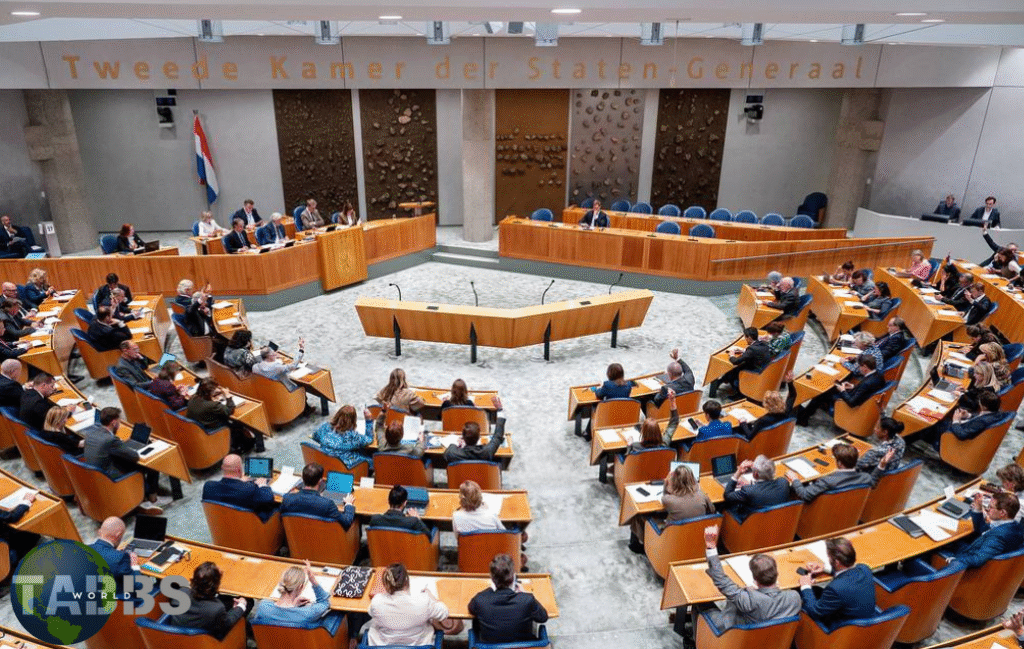Table of Contents
- Introduction
- Create a Budget: The Foundation of Financial Stability
- Set Clear Goals: The North Star of Financial Success
- Automate Savings: Consistency is Key
- Cook at Home: A Healthier and Cost-Efficient Alternative
- Reduce Impulse Spending: Mindful Consumption for Financial Health
- Use Coupons and Discounts: Stretching Your Budget Wisely
- Public Transportation: A Greener and Cost-Effective Commute
- Plan Shopping Trips: Purposeful Spending for Savings
- Prioritize Free Activities: Budget-Friendly Leisure
- Reduce Energy Usage: A Win-Win for Your Wallet and the Environment
- Invest Wisely: Diversify Your Financial Portfolio
- Review Subscriptions Regularly: Trim Unnecessary Expenses
- Negotiate Bills: Advocate for Your Finances
- Emergency Fund Essentials: Prepare for the Unexpected
- Educate Yourself Financially: The Power of Knowledge
- Additional Insights for an Enriched Financial Journey
- Conclusion
- FAQs Continued
Introduction
In today’s fast-paced world, managing your finances wisely has become an essential skill. This comprehensive guide will provide you with 15 practical money-saving tips to help you build a stronger financial future.
1. Create a Budget: The Foundation of Financial Stability
Creating a budget is a pivotal step towards financial stability. It’s a strategic roadmap that ensures your money is allocated wisely, covering both needs and goals. Start by listing your income sources, then categorise your expenses, differentiating between essentials and discretionary spending. With a clear picture of your financial inflow and outflow, you can identify areas to cut back or optimise. A budget empowers you to make informed financial decisions, save for the future, and weather unexpected expenses.
2. Set Clear Goals: The North Star of Financial Success
Define short-term and long-term financial goals. Whether it’s building an emergency fund, buying a house, or planning for retirement, having clear objectives will help you stay motivated and focused.
3. Automate Savings: Consistency is Key

Automating savings is a savvy financial move that streamlines your path to financial goals. By setting up automatic transfers from your primary account to a dedicated savings account, you ensure consistency in saving without the temptation to spend. This effortless process cultivates discipline and helps you reach your objectives faster.
4. Cook at Home: A Healthier and Cost-Efficient Alternative

Eating out can be costly. Cooking meals at home not only saves money but also promotes healthier eating habits.
5. Reduce Impulse Spending: Mindful Consumption for Financial Health
Reducing impulse spending demands a shift in mindset, empowering you to make intentional purchases. When you feel the urge to buy on impulse, pause and assess whether the item aligns with your genuine needs or long-term goals. Creating a waiting period before purchasing gives you time to evaluate the necessity of the expense. This practice not only curbs unnecessary spending but also cultivates mindful consumption, fostering healthier financial habits for the future.
6. Use Coupons and Discounts: Stretching Your Budget Wisely

Harnessing the power of coupons and discounts is a practical strategy to stretch your budget. Before making a purchase, take a moment to search for applicable coupons or promotional codes online or in-store. These small savings can accumulate over time, leaving you with more resources for other priorities.
7. Public Transportation: A Cost-Effective and Eco-Friendly Alternative

Public transportation is a cost-effective and eco-friendly alternative to driving. By utilizing buses, trains, and subways, you save on fuel and parking costs while reducing your carbon footprint. Public transit also offers a chance to relax or be productive during your commute.
8. Plan Shopping Trips: Purposeful Spending for Savings

Strategically planning shopping trips can prevent overspending and impulse purchases. Before heading out, jot down a list of items you genuinely need. This practice helps you stay focused, saving both money and time.
9. Prioritise Free Activities: Budget-Friendly Leisure
Prioritising free activities introduces a refreshing approach to leisure. From picnics in the park to exploring local trails, these experiences enrich your life without straining your money. Attend free community events, visit museums on discounted days, or engage in DIY projects at home. Embracing these options not only nurtures creativity and connection but also aligns with a budget-conscious lifestyle.
10. Reduce Energy Usage: A Win-Win for Your Wallet and the Environment
Trimming energy usage yields dual benefits for both your wallet and the environment. Small adjustments, like switching to LED bulbs, unplugging electronics, and optimizing thermostat settings, accumulate into significant savings on utility bills. This eco-conscious approach not only reduces your carbon footprint but also demonstrates your commitment to efficient resource management.
11-15: Advanced Strategies for budgetary Empowerment
11. Invest Wisely: Diversify Your budgetary Portfolio
Explore various investment opportunities to increase potential returns over time. Diversification helps mitigate risks and enhances your accounting resilience.
12. Review Subscriptions Regularly: Trim Unnecessary Expenses
Periodically review and cancel subscriptions that no longer align with your needs. This ensures you’re not paying for services that don’t contribute significantly to your lifestyle.
13. Negotiate Bills: Advocate for Your Finances
Don’t hesitate to negotiate bills such as cable, internet, or insurance. Securing better rates or discounts frees up extra funds for your savings or other money goals.
14. Emergency Fund Essentials: Prepare for the Unexpected
Building and maintaining an emergency fund is a vital component of money planning. It acts as a safety net for unforeseen expenses, preventing money setbacks.
15. Educate Yourself Financially: The Power of Knowledge
Invest time in accounting education to make informed decisions about your money, investments, and overall accounting well-being.
16-18: Additional Insights for an Enriched accounting Journey
16. The Power of Networking: Learn from Others
Engage with accounting communities or groups to gain insights and discover new money-saving tips from real-life experiences.
17. DIY Financial Planning: Tailor Your Strategy
Consider handling basic accounting planning yourself using online tools and resources. This approach allows you to create a personalised accounting plan without incurring professional fees.
18. Sustainable Living for Long-Term Savings: A Greener and Cost-Efficient Lifestyle
Adopting sustainable practices not only benefits the environment but also contributes to long-term savings. Simple habits like reducing water and electricity usage align with both financial prudence and environmental consciousness.
Conclusion
Implementing these money-saving tips into your daily life can make a significant difference in your financial well-being. Remember that building a strong financial future is a gradual process that requires consistency and discipline. By setting clear goals, creating a budget, and making mindful spending decisions, you can achieve your financial aspirations and enjoy greater peace of mind in the process.
FAQs Continued
How can I start investing if I’m a beginner?
Starting to invest as a beginner can be intimidating, but it’s crucial for long-term financial growth. Begin by researching investment options, considering low-risk options like index funds, and gradually diversify your portfolio as you gain confidence.
Why is an emergency fund important, and how much should I save?
An emergency fund is crucial to cover unexpected expenses, providing a financial safety net. Aim to save at least three to six months’ worth of living expenses to ensure you’re prepared for unforeseen circumstances.
What’s the significance of financial literacy?
Financial literacy is the foundation of sound money management. It involves understanding concepts like budgeting, investing, and debt management, empowering you to make informed and strategic financial decisions.
Can negotiating bills really make a difference?
Absolutely. Negotiating bills, such as cable or insurance, can lead to lower monthly expenses. Companies often offer discounts or better rates to retain customers, making it a worthwhile effort to advocate for your finances.
How do I balance sustainable living with saving money?
Balancing sustainable living with saving money involves making conscious choices that benefit both the environment and your wallet. Simple actions like reducing energy consumption, recycling, and opting for sustainable products can contribute to a greener lifestyle without breaking the bank.




One Comment